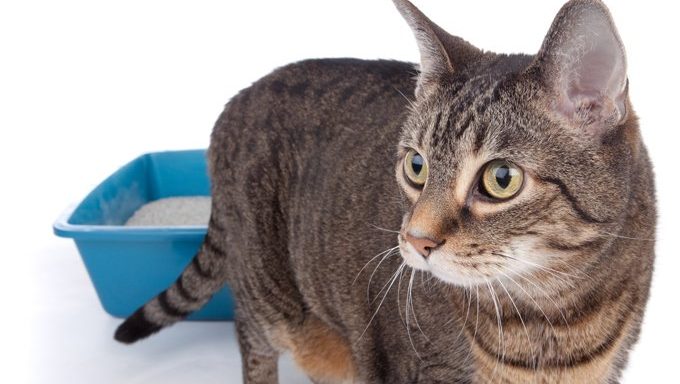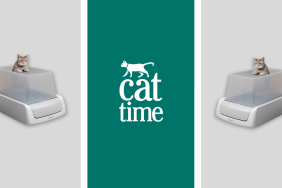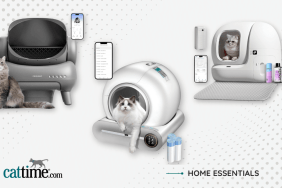Cats are usually fastidious animals. They like to keep things clean. So when a cat stops using the litter box, it can be a cause of concern for pet parents not only for the sake of their carpets, floors, and furniture, but also for their cats’ health and well being.
If your cat is peeing in your laundry basket instead of where there supposed to go, your first instinct might be to take it personally. “Is my cat mad at me?” you might ask.
No! When a cat urinates in locations other than the litter box, a common misconception is that they’re doing it vindictively. However, while your cat isn’t doing this out of spite, they may be trying to tell you something.
There May Be Medical Issues
If your cat stops using the litter box, they could have a medical problem, such as a urinary tract infection or bladder stone. Or, there may be something about the litter box they don’t like, or they may have an anxiety problem requiring medical management.
It’s important to address the problem quickly. The longer it goes unmanaged, the more likely it is to become a habit, and the more difficult it can be to correct.
The first step is to see your veterinarian for an exam and diagnostic tests to rule out a medical cause for the house soiling. If your vet finds a medical issue, they can then begin treatment, get your cat healthy, and hopefully help you solve the problem.
Or It Could Be A Behavioral Problem
If your cat’s veterinary test results are normal, then try to determine, with the help of your veterinarian or a behaviorist, if there is any pattern to the “accidents.”
Distinguishing between a litter box aversion and a behavior problem helps determine if you should focus on improving their “toilet” area versus anxiety reduction and medication.
Sometimes a simple change of litter or replacing the litter box can solve the problem, but behavioral issues make take some time and training to correct.
While this is a complex issue, your detective work ideally should answer these questions:
- What type of surface does your cat prefer for elimination?
- What locations in your home are affected?
- How many other pets are in the home, and do your pets get along with each other?
- How many litter boxes are in the home, and where are they located?
- Have you changed the type of litter or changed the box in any way?
- How often do you clean the box, and what cleaning products are used?
- Have there been any other changes at home that might cause your cat distress?
The answers to all of these questions will help you and your vet or behaviorist identify the issue and, hopefully, help your cat stick to the litter box when it’s time to go potty.
Has your cat ever started doing their business outside of the litter box? How did you solve the problem? Let us know in the comments below!









